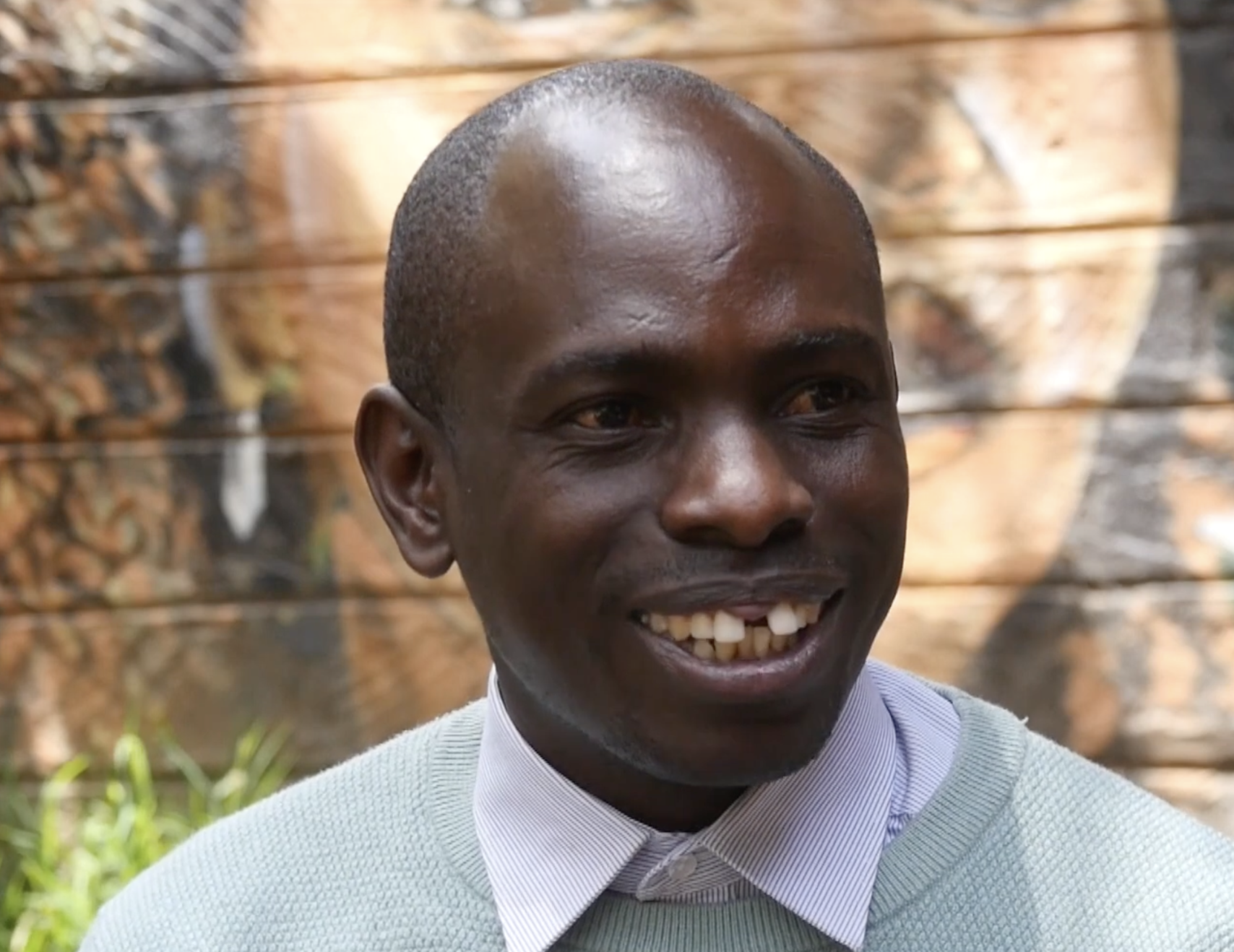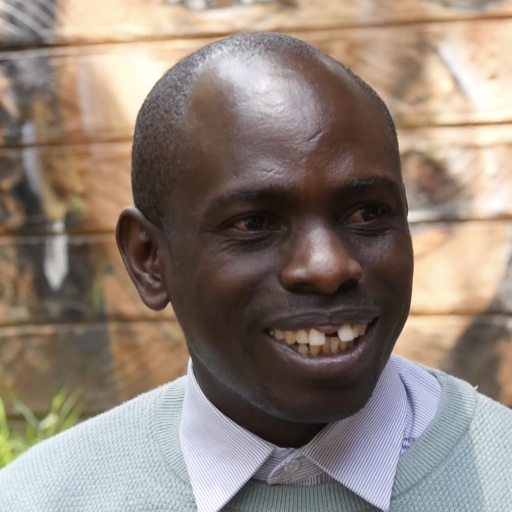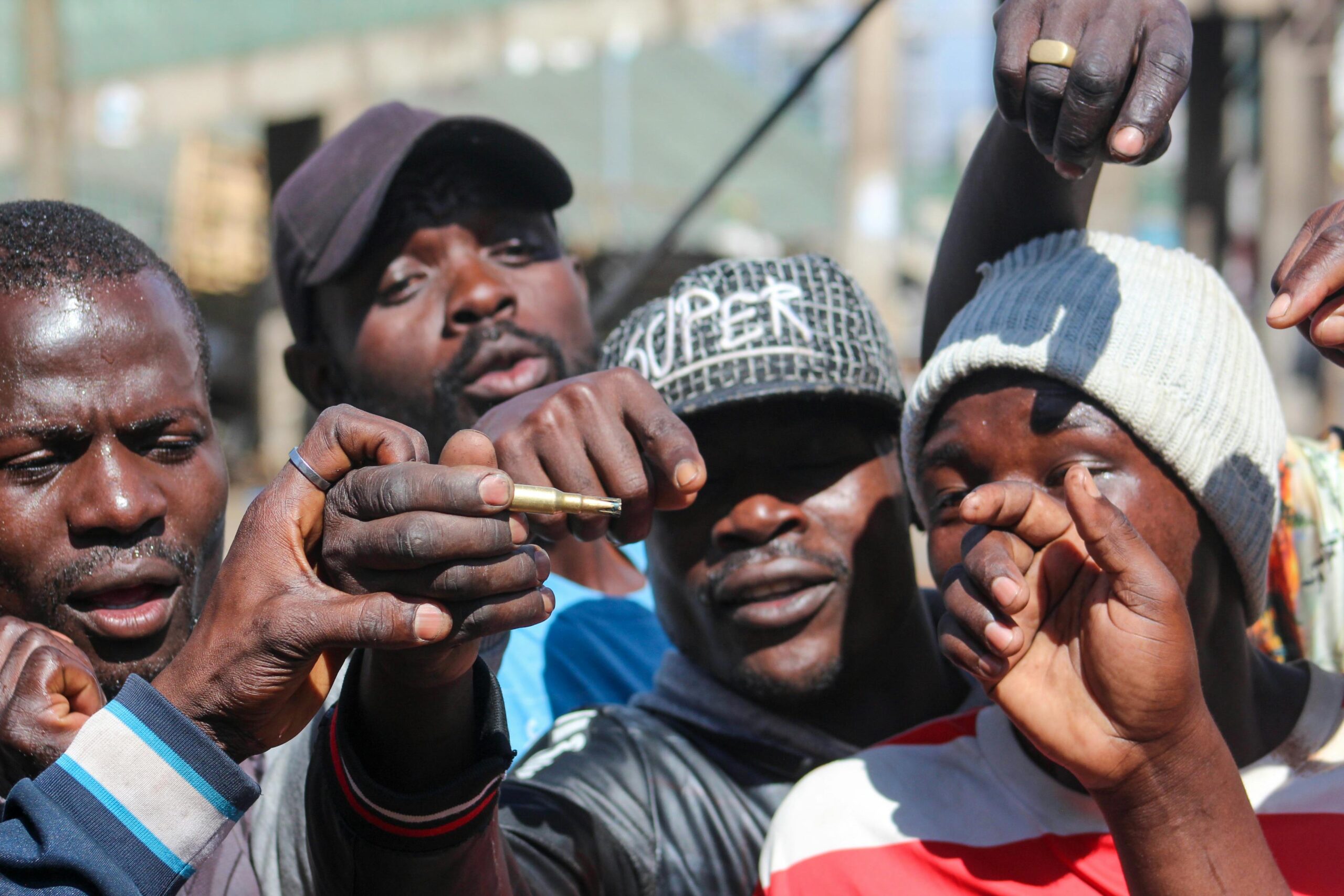- Dennis Orengo
- Extra-judicial Executions, Human Rights, Human Rights Defenders, Social Justice
- December 12, 2020
‘Kijana call your mum tell her this is your last day on earth. You will never see ugali again!’ I could hear the shouts on the phone then suddenly a familiar voice, my son’s voice came through, ‘Mum, am arrested while coming from work. The police say it is my last day. If they kill me, bye bye mama. I love you,’ said Hassan. “Immediately, I heard gun shots from the background and knew my son was no more. An innocent young man who had just started a fruit vending business at city park Nairobi and was in his third month as a self employed person. The following day, we found his body at the city mortuary with three gun shot wounds,” narrated Jimia Noor mother to the victim.
“Imagine the pain of speaking to your son over the phone and suddenly hearing the gunshots. I don’t want to imagine the trauma and mental torture my son went through. But I hope and do pray that one day justice will be served.”
Since December 2022, police have shot dead at least ten people in Nairobi’s Mathare, Njiru, Dandora, Kariobangi and Umoja settlements. The police continue to kill crime suspects in spite of the assurance by president Ruto that this government will end cases of extra judicial killings, torture and enforced disappearances.
The killings are the latest in a longstanding pattern of excessive force and unlawful killings in Nairobi’s low-income neighborhoods.
Areas outside Nairobi have also experienced cases of extra judicial killings. On January 11, the communist party of Kenya released a press statement claiming that three uniformed police officers stormed the home of Felix Musili’s parents at 5:00AM in Mumbuni, before pumping several bullets into his body, as his family watched helplessly.
In Borabu Nyamira county, a family is appealing for justice after their kin was allegedly beaten to death by rogue police officers. The family said that the late Franklin Mong’are had gone to the office of the area assistant chief to secure the release of his motorcycle that had been impounded earlier, when rogue police officers pounced on him with blows, leaving him with broken bones and a cracked skull.
Police have declared the youth from the slum areas persona non grata, who have no rights or freedom.
In Njoro, Nakuru County, a family is appealing for justice after a police vehicle, allegedly being driven by a drunk officer, hit and killed a woman and injured her son. According to reports, the woman and her son were on a boda boda when the police vehicle hit them from behind, throwing them on the tarmac. Witnesses said the police officer agreed to take the two to hospital following the accident, but opted for a bumpy dirt road instead of the main tarmacked way.
These are just but a few cases of what families go through in the hands of rogue police officers. In the last 15 months, at least 210 extra judicial killings happened. Of these, 146 involve direct police action while 39 deaths occured in police cells. These cases are on the rise especially especially in slums and informal settlements where youths aged 14-30 are killed nearly on a daily basis. While some are killed and others left with serious injuries, others disappear, never to be seen. After executing their targets, officers threaten the communities of dire consequences if they speak of what happened.
What is even shocking is that families whose relatives are killed are asked to pay for bullets that killed them. A bullet is sold between Ksh. 3,000 and Ksh. 7,000, depending on the value the officers will impose.
To add salt to injury, the families are not allowed to mourn or bury their loved ones. Funeral gatherings are regarded as illegal and mourners teargased, all in bid to instil fear and confusion.
Slums bear the brunt of these killings. They include Mathare, Huruma, Kamkunji, Eastleigh, Dandora, Kayole, Mukuru, Korogocho, Kibra and Githurai.
Police have declared the youth from the slum areas persona non grata, who have no rights or freedom.
On December 16th, 2022, the High Court ruled that police officers cannot use their firearms unless they are acting in self-defence or preventing an imminent threat to life or serious injury to others.
In 2022, president William Ruto said during a meeting with the Independent Police Oversight Authority (IPOA) that extra judicial killings by police in the country must end. He said, “Extrajudicial killings must come to an end. It is illegal, unconstitutional and offends every principle of the right to life.”
In August 2022, a report by Human Rights Watch found that the failure of Kenyan authorities to address accountability for the past abuses by the police heightened the risk for more abuse.
As human rights groups, let us continue to speak truth to power. For until all are free, no one is free.
- Tags:
- Business


